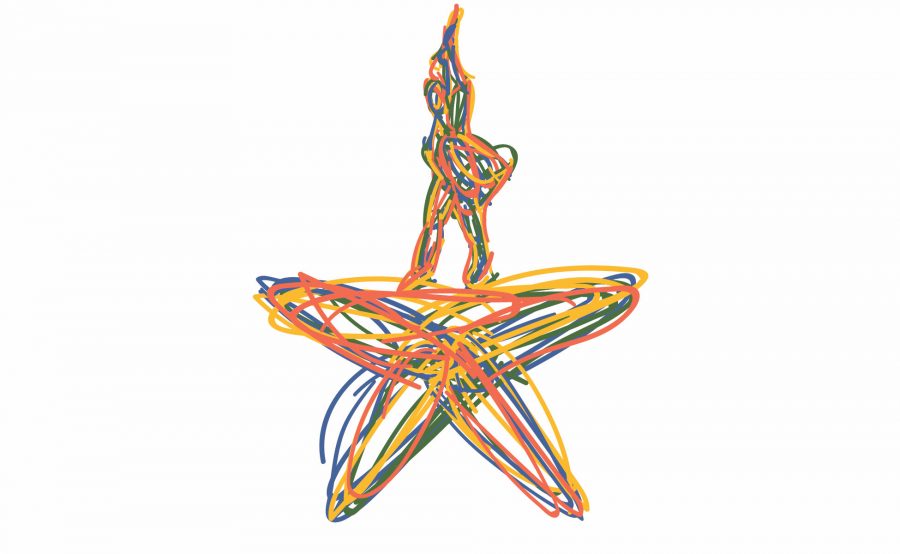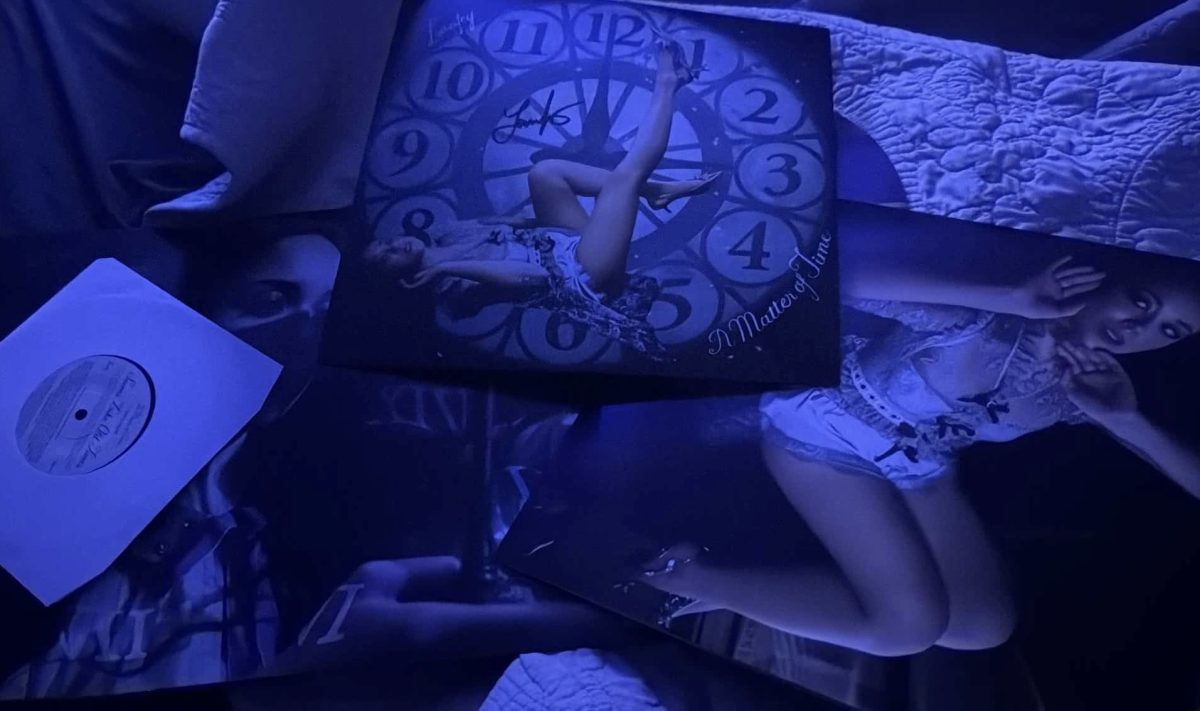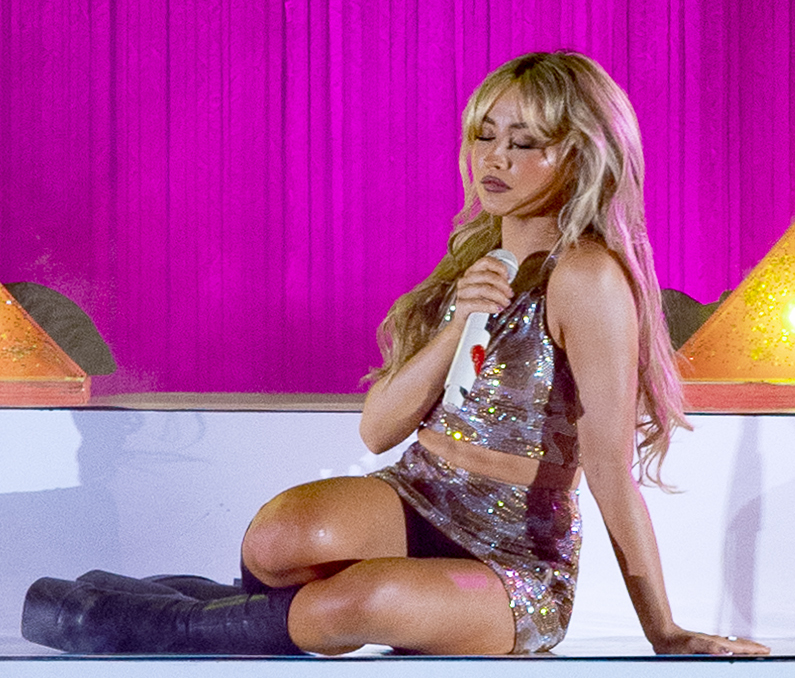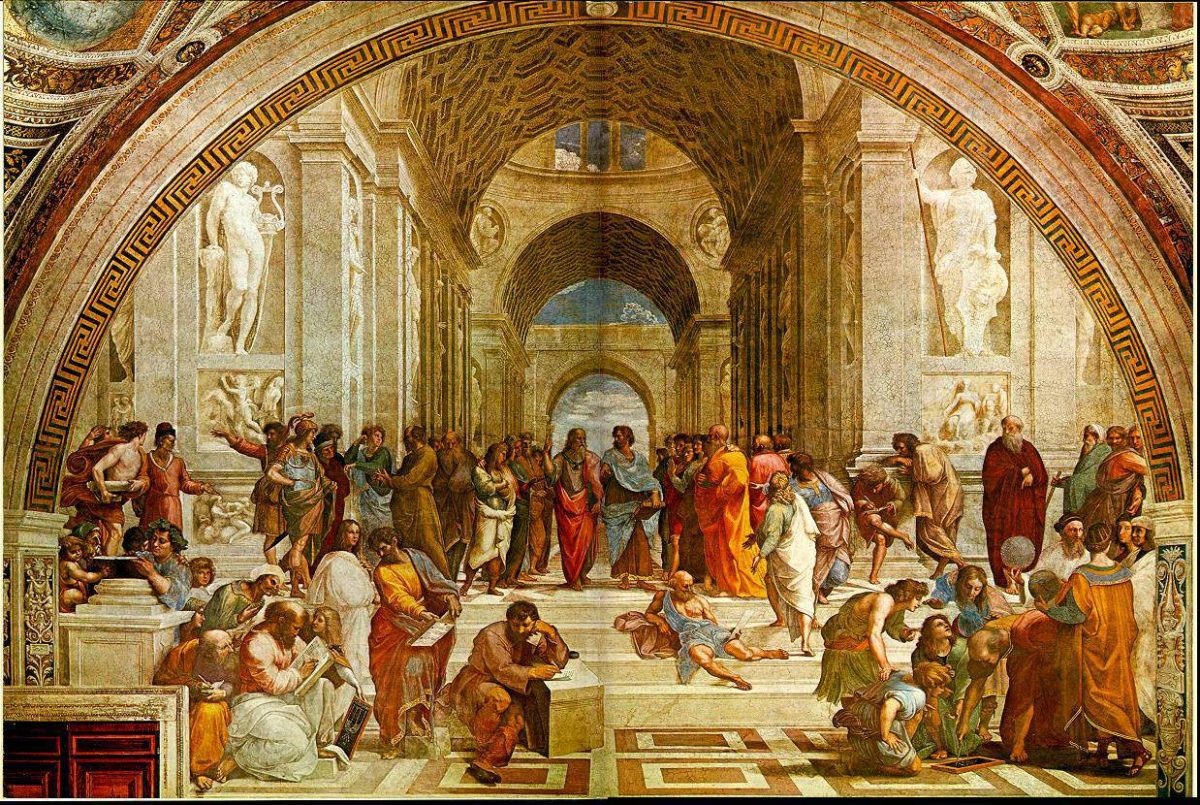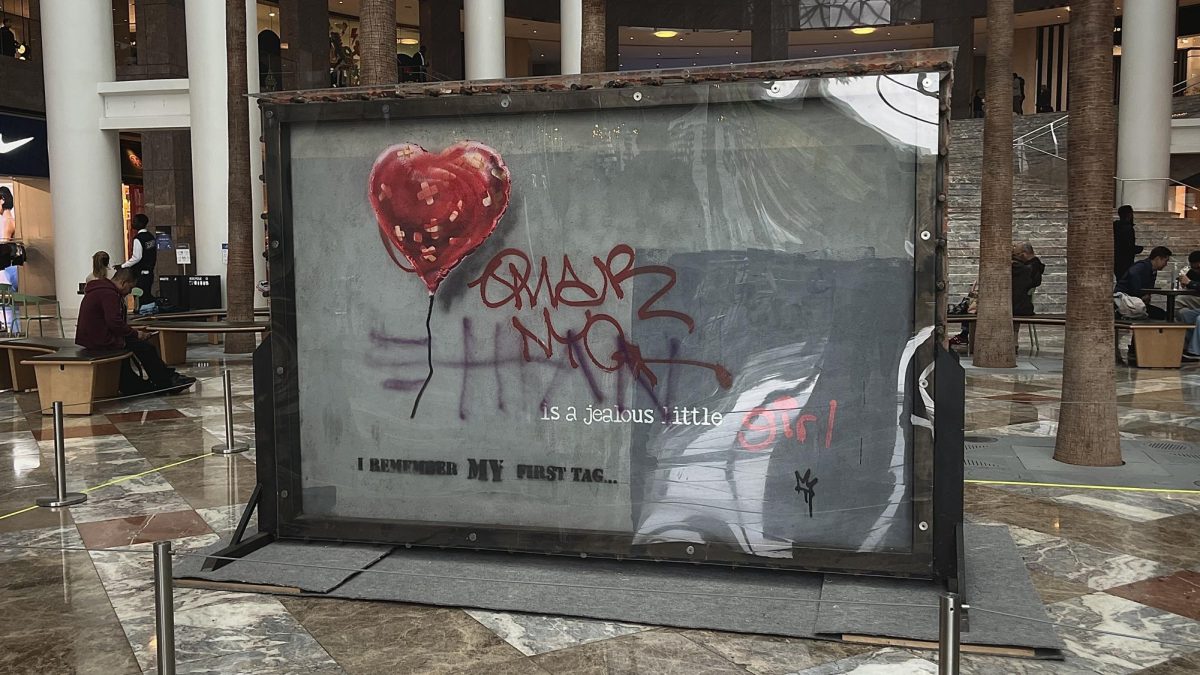“How does a bastard, orphan, son of a whore and a/ Scotsman, dropped in the middle of a forgotten/ Spot in the Caribbean by providence, impoverished, in squalor/ Grow up to be a hero and a scholar?” are the first lyrics that ring out in the opening number of 2015’s Broadway musical Hamilton.
The musical, which premiered at The Public Theater on Feb. 17, 2015, marked the start of the five-year exploration of the history surrounding the founding fathers of the United States and its relevance in today’s political climate.
Hamilton is based on the life and times of revolutionary founding father Alexander Hamilton as he relates to the construction of the country and its core principles, as well as being an introspection of his life through the lens of musical scrutiny.
The musical, which was written by Lin-Manuel Miranda, uses the cadences of clever rhymes usually found in the verses of hip-hop alongside the silky confidence of 90s R&B, and interweaves both of these influences into the lyrics of the musical.
Miranda first got the idea for the musical after reading Ron Chernow’s 2004 biography of the founding father entitled Alexander Hamilton.
At the time, Miranda was starring on Broadway in a slightly different hip-hop musical that he also wrote called In the Heights. It was a play that was based more on personal experience than actual historical events, but the plot helped lay the groundwork for the explosive and sudden revolution Hamilton brought to Broadway just a few years later.
The world saw the first inklings of what “Hamilton” would become in 2009 when Miranda performed an early version of what would be the opening number at the White House.
In the most fulfilling way, Miranda performed a song about a politician who was revolutionary in their character and prevailed greatly, despite being in front of the first African-American president who at the time, was in his first term in office.
When Hamilton premiered five years ago at the Public Theater, the musical was met with the appropriate acclaim for a musical of its uniqueness, but it wasn’t until it hit Broadway in August when its universal appeal and influence began to become recognized.
It’s not an everyday practice for Broadway musicals to merge the genres of hip-hop, R&B, pop and classic Broadway show tunes together.
Nor is it common to have a Broadway cast consisting of mostly Black and Latino actors.
Hamilton became an anomaly in the normally rigid and conservative structure of Broadway and the theater in general.
Since its first night on Broadway, the play has become a welcomed example of
the changing tides of theater.
Unlike In the Heights, which was for the Hispanic-American community, “Hamilton” at its core, is not a story of a minority group.
It’s a story of the founding of the United States, which is often bland in its retelling and most certainly not representative of the current makeup of the country which has continued to become more and more diverse sing 2015.
But with Hamilton, that dreary and widely-known history becomes refashioned for the 21st century.
Through the language of hip-hop, history became interesting again. Theater and its versatility has been and still is being introduced to the newest generation of poets, musicians, writers,
scholars and revolutionaries.
The visibility of a modern kind of storytelling has had an undeniable impact in what people believe that Broadway should and can look like.
With Hamilton, it was made clear that anyone, through any means, should have the ability to have a voice, even if it has never been heard before.


